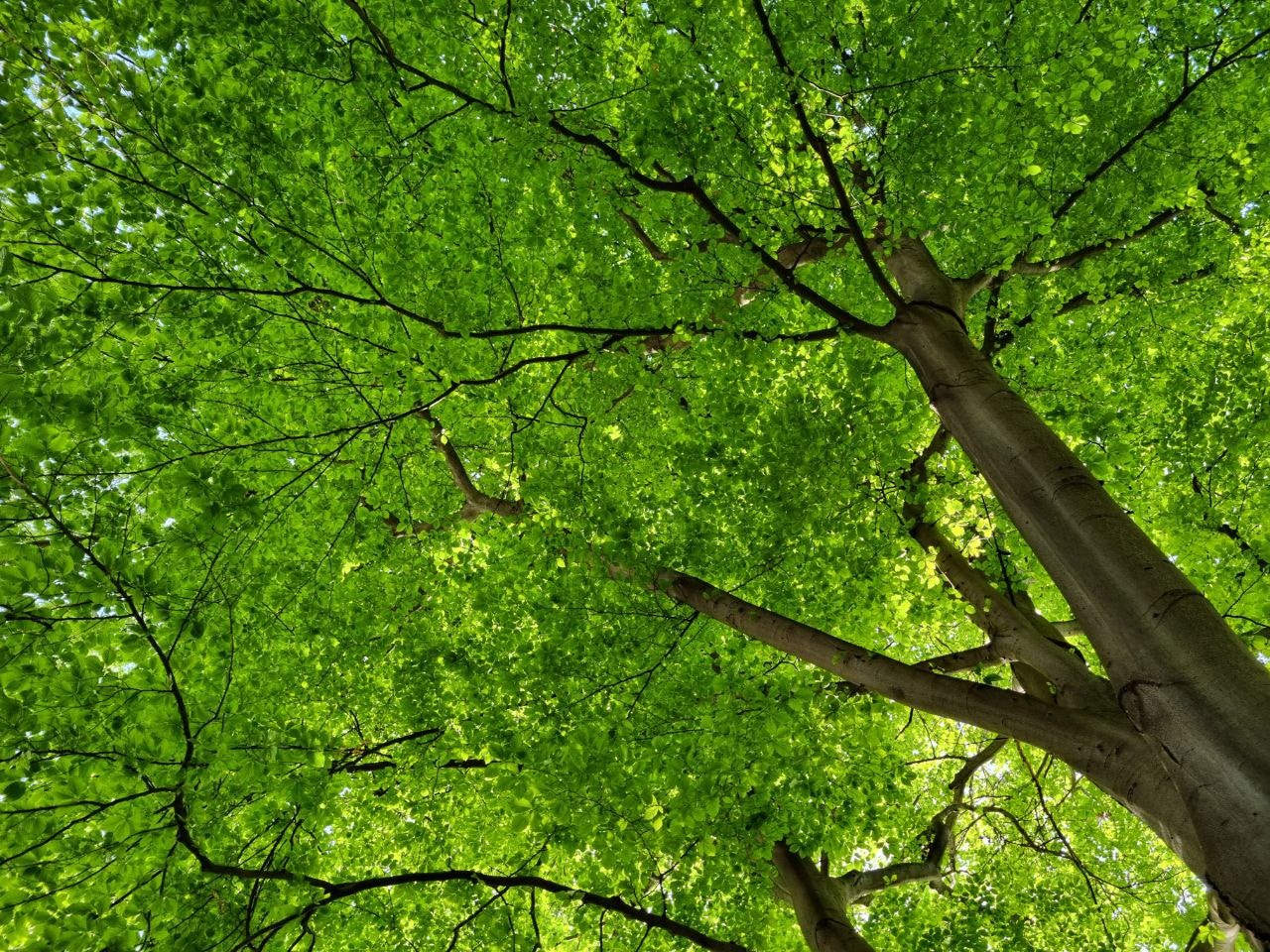What is actually on our minds today? In life? In art? The topics often seem to be strongly predetermined by the media and society. And strongly controlled, which may have something to do with the high esteem in which commercial success is held - we should strive to be happy and successful, and happiness and success are defined as financially measurable variables. However, economic rationality noticeably curtails the ability to experience the world - if only due to the eternal illusion of a lack of time. However, time and sensory experience go hand in hand.
We obviously have no time to think about how we can survive in the current crises, wars, threatening environmental situations such as floods or droughts, disastrous conditions in large parts of production, especially in industrial agriculture and oil industry, not only physically but also psychologically. How long will this "today" that we are being served up, presented in a consumer-friendly way, continue to exist? And what is being presented at all?
Okapi waves a small flyer. -There is an inspiring exhibition here, which also offers walks, virtual reality and even the scent of the primeval forest.
Zebra looks at the program and reads: -Climate Biennale in Vienna. Sounds good! When and where? The flyer says: Exhibitions at the Kunst Haus and Nordwestbahnhof, plus workshops and forest walks.
-Into the Woods", the name of one exhibition, is convincing and speaks for itself, explains Okapi. You can see visualisations of scents and messenger substances emitted by trees and other plants in the forest. They don't just produce oxygen, as you know...
-And how can you see that? Zebra asks skeptically.
-On a great video and with VR glasses that really give you the impression of floating through the forest... Okapi enthuses. -I almost get a little dizzy, but in a pleasant way.
-There's also "Songs for the Changing Seasons", says Zebra with a glance at the folder.
-Yes, absolutely recommendable. Another exhibition at the north-west station site. Not just the fantastic birdhouses, sculptures of animals and the many newly created flower beds...
Art seems to be one of the few disciplines that commits itself to looking behind the facades of the "normal" affluent world on display. It often takes the important position of asking questions that many mainstream philosophers unfortunately still like to run away from. They sound simple, for example: How do we live in our habitat world, with other living beings? How do we communicate? And how do we communicate these questions and observations?
The starting point for all art, all expression, is perspective. A change of perspective from the mainstream to the distillation of a moment, a situation. That is why this consideration is central. Experiences other than everyday experiences - and the experiences of others - become accessible through a change in perspective. It is not only in art that perspective is essential for grasping the entire pictorial space. By consciously adopting a perspective, you can try the experiment of seeing from the point of view of others. One's own perspective is the "normal" view and experience of the world; it is not so easily recognised as one of many possibilities.



